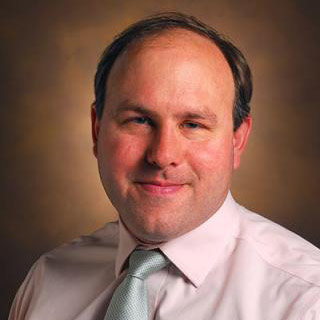Parents and physicians, beware calling blood sugar levels “bad” or “good” with young diabetes patients.
Dear Santa,
As you know, I’m a doctor who takes care of children with type 1 diabetes. A young boy once asked me, “Does Santa check my blood sugar?”
Why would he ask that? I realized that during my discussion with his mom, we had referred to his evening measurements as “bad.” We had said his morning blood sugar levels could be “better.”
At this time of year, there is a lot of emphasis on who has been naughty and who has been nice. Children with type 1 diabetes are watched much more closely than most other children. Who else has their performance evaluated six to 10 times a day, every day? Sometimes as parents and physicians, we label these readings as “good” and “bad,” but we certainly don’t mean that as a reflection on the child and we try very hard not to use those descriptions.
I want to make sure that you and the elves know that a child with type 1 diabetes shouldn’t go on the naughty or nice list just because of their blood sugar levels. As with other children, that decision should be based on their actions. Do they tell the truth? Do they listen respectfully to their parents? Do they do their chores, whether that is checking their blood sugar or finishing their homework?
We all want those levels to be in a healthy range, but we never want a child to worry that his blood sugar readings can make a difference in whether he gets that shiny new bike or a lump of coal in his stocking.
Wishing you well this Christmas season,
Dan
P.S. It’s OK to leave treats in the stockings of these wonderful children, but it would be helpful if the elves wrote the carb counts on the packages. We’ll make sure to have a carb count available with your milk and cookies at our house.
This post was written by Daniel Moore, M.D., who specializes in pediatric endocrinology.


